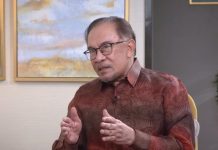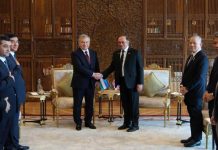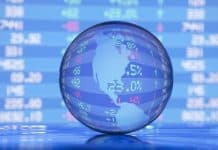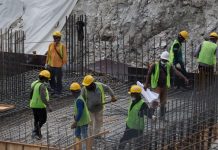Southeast Asia, is one of the most diverse and complex regions in the world.
The countries in Southeast Asia together form the block called Association of Southeast Asia Nations (ASEAN) and in the last couple of decades ASEAN has emerged as a major economic power.
Now, the main question here is, can ASEAN become as good as the European Union?
Well, let’s try to find out.
Thailand, Indonesia, Malaysia, Singapore, and Philippines founded the ASEAN organization in 1967.
The aim was to improve economic, political, and social cooperation. The motive was also promoting stability and contain the influence of communism during the cold war.
After the end of the cold war, Brunei, Vietnam, Laos, Cambodia and Myanmar joined the ASEAN.
The 10 members of ASEAN are vastly different nations. From Indonesia with a large population to the tiny Brunei, each country has diverse politics, religion and economic growth.
Today, the ASEAN countries have a combined population of 647 million people and a combined GDP of around $2.8 Trillion. These GDP number put ASEAN on the same level as the UK and India.
Along with this, the group has the world’s third largest workforce of nearly 600 million people and this is attracting significant foreign investments.
Major attractions are Vietnam, Philippines, and Indonesia. To make economic growth more rapid, in 2015, they created the ASEAN economic community. The end goal of this community is to create a single market which is fully integrated to the global economy.
But some experts believe that creating a single market economy could increase the gap between rich and poor. As ASEAN has rich member countries like Singapore and also poor countries like Cambodia, creating a single market could exploit poor countries more.
Also, big businesses can take a lot of advantages of an open economy and this could create stiff competition for small and medium sized businesses. So to make a stable single market and to overcome the economic challenges, ASEAN can really look up to the European Union as an example.
The European Union and ASEAN share a lot of similarities. In fact, both of them were founded to promote peace. The EU was founded to bring peace after two world wars through economic integration while ASEAN was founded to bring peace in Southeast Asia.
Another similarity is that, both seek to integrate the economies of their member states into a single market platform but the EU guarantees a free movement of goods, capital, services, and labor collectively known as the four freedoms.
Along with this, EU has a single currency and an unified foreign and security policy.
On the other hand, the economic integration of ASEAN members is not that smooth but still we can say they are on the track to achieve it as the ASEAN is constantly improving its economic integration and the importance of border between nations is vanishing slowly.
Along with this, the ASEAN leaders are promoting the organization as a singular bloc rather than a group of countries. Till now the ASEAN has achieved great things but problems are a part of any journey and the ASEAN is also facing some major problems which could slow down their economic growth.
The first major problem is China’s rising influence in the region and dispute in the South China sea. China claims almost all of the South China sea while four ASEAN nations have also claims in the region. The South China sea is very important for the ASEAN countries because almost all economic activities need this region and here ASEAN is consistently failing to take strong and unified action.
Apart from this, ASEAN is also facing climate change challenges. Rising temperature and sea level is a huge concern for the ASEAN countries.
Countries such as Vietnam, Philippines, and Indonesia are particularly more vulnerable to climate change. Jakarta, the capital of Indonesia is already sinking due to the rise of sea level. Current predictions are that by 2050, much of the Jakarta city is going to be underwater.
So, things seem pretty stiff for ASEAN but the believe is still there for ASEAN to overcome the challenges and improve their significance in the world.
























